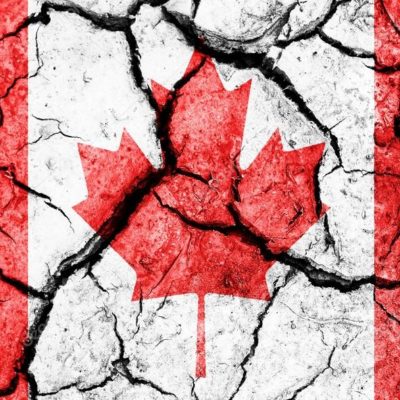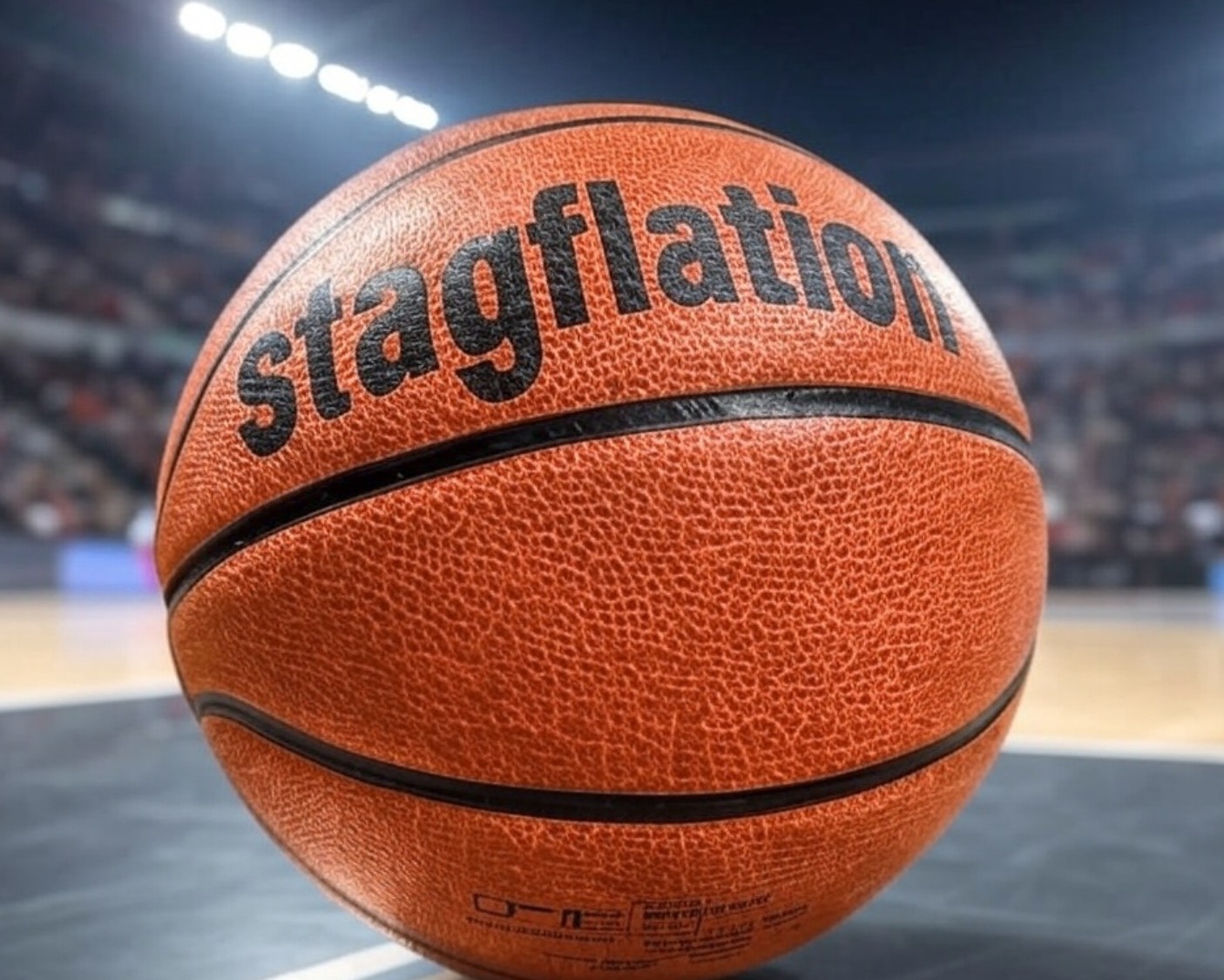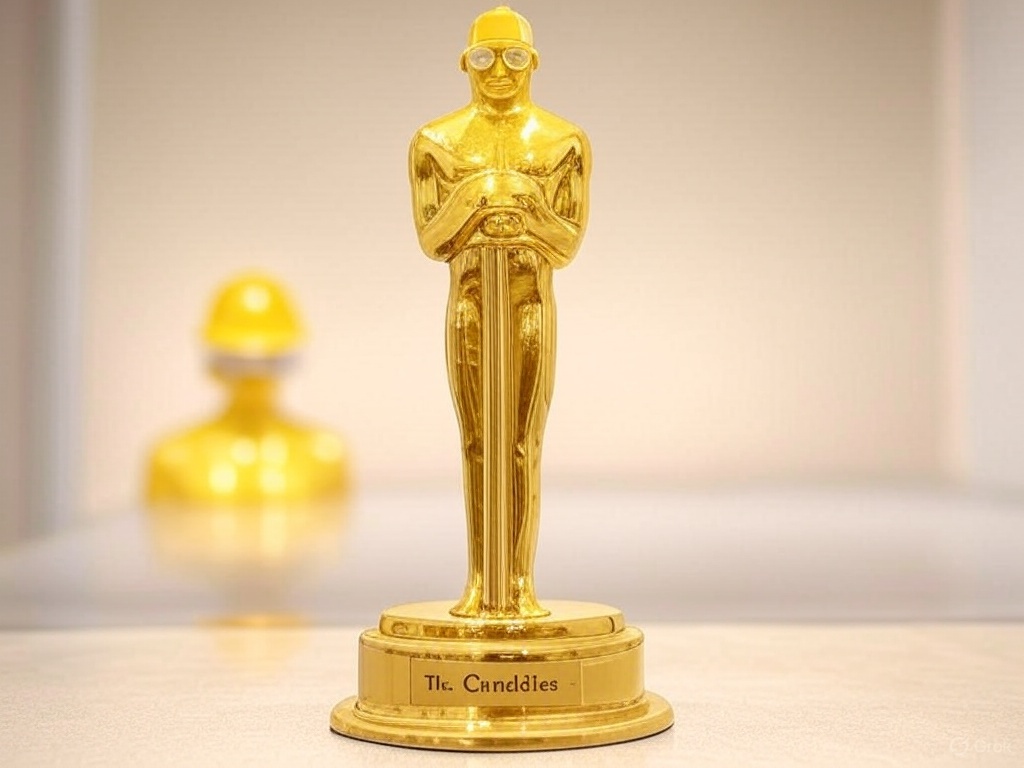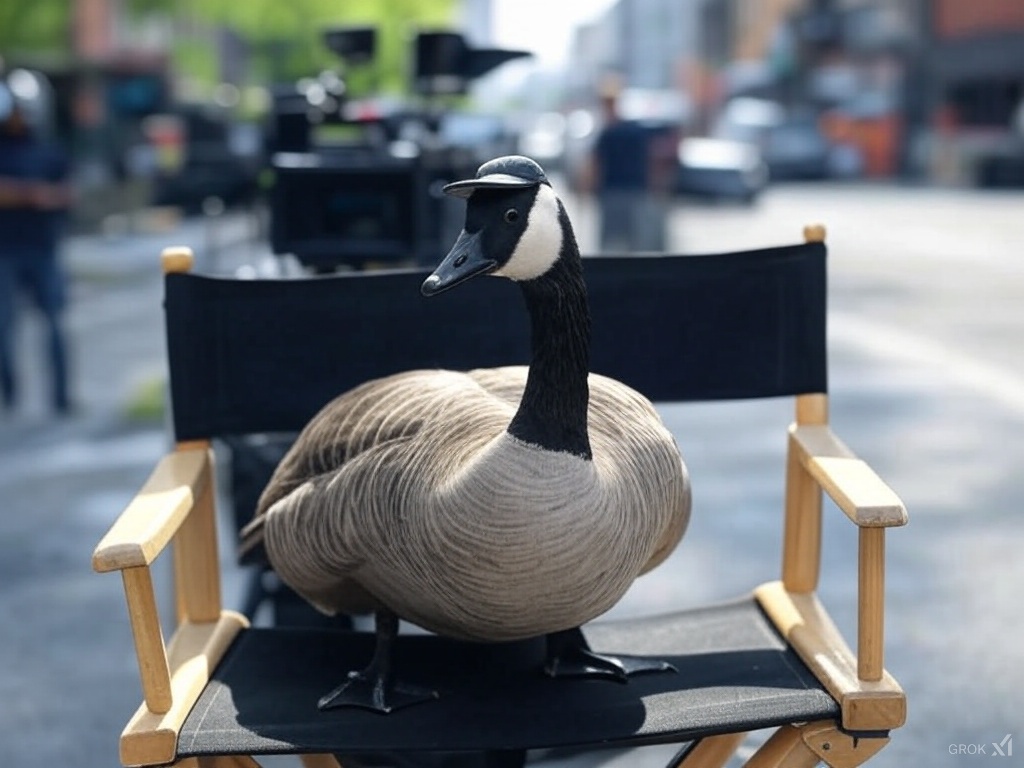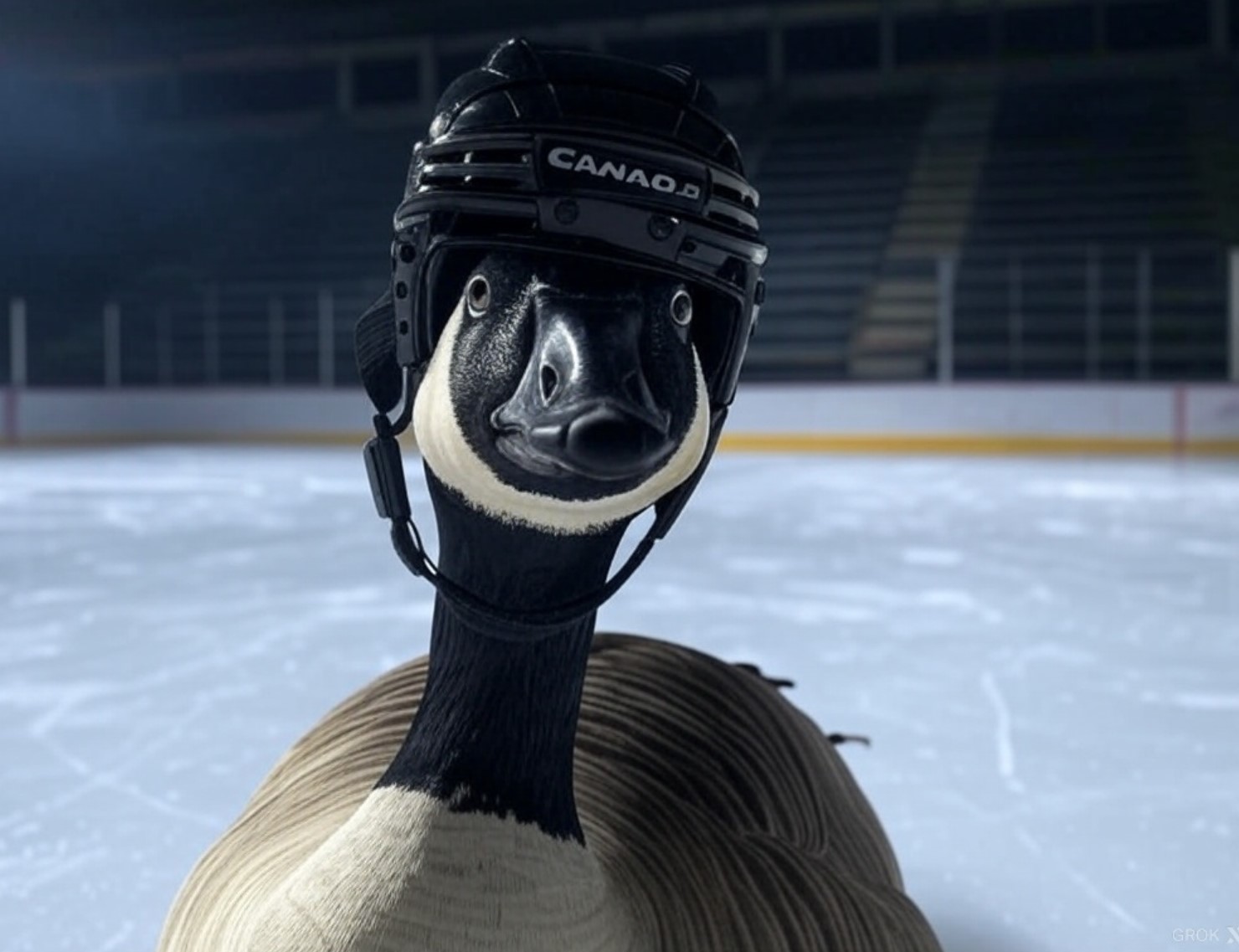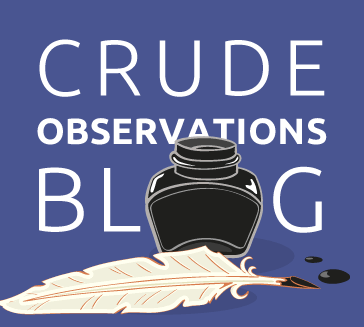Stuck in a hard place this week. I have two traditional blathering blogs that I do at this time of year. The first is a review of my Fearless ForecastTM, wherein I assess the damage I have done to my credibility at the halfway point of the year. The second is an annual Canada Day blog where I recycle some thoughts on this weird country we live in. My issue of course is that Canada Day is July 1, a Thursday and the end of Q2 is June 30, a Wednesday and today, of course, is June 25.
So I have to pick one. And logic of course dictates that since the Canada Day blog is the most static (i.e. comes every year and doesn’t involve a score card for volatile stock and commodity prices) then that should be the one I do ahead of time.
And as an added bonus, this year a Canadian team is in the NHL playoffs. And not some weird off-season COVID bubble playoff. No, this year the Montreal Canadiens are in the playoffs, the last Canadian team standing and are preparing to go the Stanley Cup Final for the first time in 28 years. In Canadian terms, this is a big freaking deal.
Look, I know the playoffs and season were weird and the Habs barely squeaked into the playoffs as the 16th seed, but they dealt with a ton of star player injuries in the latter half of the year, not to mention COVID issues. Then they had the massive comeback against the Stanley Cup favourite (yeah, right) Leafs, dispatched the Jets like they were a minor league franchise and eliminated the Vegas Golden Knights, who finished in a virtual tie for second in the entire league record-wise, in six masterful games. I don’t care how they got here. They are legit, they are fun and they deserve it.
As Canadians, we are allowed to want the Stanley Cup to come home every once in a while, even though it has a better yard and makes more money in the United States. It’s not like we can wait for Toronto to win it for us – heck, they can’t even win (and never have) the Clarence Campbell Bowl for their conference, which the Habs have now improbably won.
But all kidding aside, if sportsball is indeed coming back, I want a Canadian team to win. And if it’s going to be “Canadian”, why can’t it be “Canadiens” as well? Is it too much to ask? Lots of national pride there right? Plus the reopening plans across the country and all that. Good times!
On the other hand, the news this past month has done nothing if not reinforce that below the surface in Canada there is a legacy and a history that we need to confront, own and atone for as a nation. From that, there are a lot of people who want “cancel” Canada Day. So much so that you would think Canada is broken. But it’s not. We hold ourselves out to be a particular “type”. We have hubris and a belief in ourselves a compassionate defenders of human rights and fairness and colour-blindness. Well now is the time to live that. Avoiding what is right in front of us isn’t going to cut it. And “cancelling” Canada Day isn’t going to help. Use it as a day of reflection, on what it means to be Canadian and have the privilege of living in this country and what we are going to do to make it better for those on whose backs we built the country or marginalized and exploited in the name of progress and nation-building. We are all in this together, some more equal than others, so let’s fix that.
That said, I’m not a journalist, pundit, politician or opinion-shaper. I am a merely a blogster with a deadline, who has promised to be environmentally responsible this week and recycle past blogs, with some necessary modification.
So back to Canada Day. The anniversary of the day that European settlers discovered they could appropriate the practice developed by first nations of tapping into the sweet spring sap of maple trees and making a yummy syrup out of it.
What? No?!?!? Egads. OK. One more try. Canada Day. The day our country was founded. When 24 white men (no women, no minorities) with varying degrees of vaguely hipsterish facial hair got together in Charlottetown, Prince Edward Island to sign a contract that made this weird mishmash of a country possible. A committee. Of mostly Easterners (hey I’m one, I can make fun), deciding how the second largest country in the world could be stitched together. How very Canadian, n’est ce pas?
So, with that introduction, and, in the spirit of committees, blog laziness and a mid-week stat holiday and just in time for Alberta’s grand pandemic reopening for the Best Summer EverTM, please find below, reproduced yet again, in updated and as mentioned modified form my annual Ode to Canada.
This will be of great utility to my many American readers who may be contemplating a post-COVID escape or just want to know what makes us tick or international readers who may have just recently heard of Canada and are wondering what all the fuss is about and why we are so bad at soccer. It can also serve as a handy domestic reminder to all of us to take a step back, think about what makes this country unique and special and appreciate that no matter how much partisan sturm und drang we create for ourselves, we’ve really got a sweet gig going, as long as we can collectively figure out a way to acknowledge that our past isn’t as shiny and noble as we like to think and actually do something about it.
Okeleydokeley, back to the true north strong and free.
As Canadians, we often describe ourselves as boring, polite, followers of the rule of law and respectful of authority. Of course we aren’t always like that since we did after all BURN DOWN the White House in 1814 except of course that wasn’t us, it was the British. And it wasn’t the White House, it was the presidential residence. But really, why split hairs – we did it and it’s pretty badass if you ask me. Pretty sure Donald Trump tried to shove this in Trudeau’s face during the New NAFTA negotiations – part of how Trudeau treated him very badly. And now we have Biden – the only US citizen who was actually in that residence when it was burned down.
ANYWAY, Canada right? Pretty dull, yet nonetheless a complex and puzzling place. It shouldn’t actually work, yet strangely it does…
First, some basic history…
As a country and nation, we are not forged in the fever swamp of bloody revolution and trial by fire experienced by our much larger southern neighbour or the result of some geographic accident of tribal movements across a continent like much of the rest of the world, but Canada is nevertheless unique.
Canada as a nation is a meticulously assembled patchwork of distinct geographic areas and populations, brought together through polite and deferential negotiation. The articles of Confederation that came to being in 1867 were motivated as much through a desire to form a cohesive nation as to establish a more robust bulwark against the emerging industrial powerhouse that was the United States after the end of the US Civil War. A “thanks but no thanks” economic and political union.
The initial members of this union were of course the Maritime provinces, Upper Canada (Ontario) and Lower Canada (Quebec) soon to be followed by British Columbia and the “middle” – Alberta, Saskatchewan and Manitoba and finally Newfoundland on April Fool’s Day in 1949. Ironically, it was the promise of a massive infrastructure project to the coast (railroad) that was required to bribe BC to come on board, much as pipelines are part of what is needed to keep those pesky Albertans playing ball.
This spirit of plunder and exploitation for the benefit of the East is a Canadian rite of passage and modelled after the colonial model of plunder for the mother country. Imagine Canada is a cow. The West feeds the cow, the centre milks the cow and the east? You tell me. This might actually help make sense of why the dairy industry is so protected.
One of the defining features of Canada is the spirit of compromise that allowed it to be formed in the first place. I can think of no other place in the world where a fiery and proud Francophone culture like Quebec coexists with the stiff upper lip blandness of the British/Anglo Saxon heritage of Ontario and the Maritimes while continually getting poked in the eye by brash upstarts from the frontier in the West. It’s a goofy marriage of convenience that should never have worked yet somehow does.
Where does it come from? It comes from the people and the origin story. It comes from a bunch of guys in a room saying hey, I bet if we tie all these things together, it’ll be funny.
And from these humble beginnings we get this thing that is Canada today.
So, what is Canada today? I bet a lot of you would like to know. Heck, I’d like to know!
Well, if Canada were a person, we would say that Canada is compassionate. Canada is polite. Canada is firm. Canada is inventive. Canada is welcoming. Canada is pragmatic. Canada has a wickedly sarcastic sense of humour. A lot of Canada plays hockey. A lot of Canada doesn’t. Canada is one of the most ethnically diverse countries in the world and is proud of it. Canada has snow. And yes, Canada has some nasty baggage it is dealing with.
Chief among this, and let’s be realistic – almost exclusively – is Canada’s legacy of colonialism and mistreatment of its indigenous populations, whom I didn’t mention above in the Canada origin story because really, they weren‘t part of it. At least not the myths that we used to get taught in school – in part because it was still going on while I was in school! At any rate, that omission in my narrative was deliberate to show how easy it is to gloss over an entire race of people because the story you’re trying to tell is inconvenienced by the presence of another participant. The reality is that the First Nations (umm they are called that for a reason) were shunted aside, had their land appropriated, peoples forced onto reserves and generally treated as lesser beings who needed to be assimilated into the greater blob that is Canada by a paternalistic and uncaring government. This shameful history that we share in many ways with our southern neighbours is one which we are incrementally but painfully trying to deal with as a nation.
Recent news and horrifying discoveries of the remains of hundreds of children in unmarked graves at the sites of Indian Residential Schools are a grisly and stark reminder of the racism (covert, overt) that defined the settler/colonist “era”, an era which continues in many ways today with the ongoing legacy of First Nations poverty, income and lifestyle inequality, substance abuse and addiction, poor health outcomes, high rates of suicide and incarceration, corruption, lack of clean water and a historic inability of governments at all levels, no matter how well-intentioned, to adequately address a problem we created that is a cancer on our national psyche.
Fixing something so complex and broken is a massive undertaking and has been studied and overstudied for too long. Action is required and a large part of our future will be defined by how we deal with these ongoing issues, but in this, as in many things Canadian, I maintain a measure of confidence in resolution. Why? Because it’s right and what we need to do. Because we are self-aware enough to want to address these issues. And things are happening. They aren’t headline grabbers or feel-good stories. They sure as shit take a long time to unfold. They are more fundamental and secular changes that can and will have massive and long-lasting impacts. But they are hard to celebrate when the tragic legacy of residential schools is so immediate and raw.
But what are these changes? Well from the perspective of an investment and finance professional, there is a massive rewriting of the economic relationship between First Nations and the rest of Canada as First Nations come to the realization of the massive economic influence they actually wield whether it is terms of resource wealth, land holdings or water rights.
This is especially true in resource rich Western Canada but also in Norther Ontario and Quebec – if it’s not oil and gas or forestry, it’s mining for the critical minerals needed for the energy transition. And with this realization and realignment of the economic relationship comes ownership, investment, employment and, over the long term, sovereign wealth and self-sufficiency.
And all of this is being encouraged, supported and in some cases funded by the private sector and provincial and federal governments. Think eventual First Nations ownership of TransMountain and the economic participation in Coastal Gas Link are great initiatives? Take a look around – that’s just the tip of the iceberg. First Nations are investors in oil and gas, mining, services businesses, real estate and hospitality. Alberta even has an investment bank/fund dedicated to supporting First Nations projects. Sure, there are roadblocks along the way, there always will be. But there will always be a way around and/or through.
This fundamental rewrite of the economic relationship with First Nations peoples and the empowerment that comes with that wealth will do more to right the wrongs than any numbers of misguided, paternalistic government handouts and will define Canada for generations to come.
Even with this legacy, we have much to be proud of and (aside from the mostly lousy weather, who’s kidding who) Canada remains one of the best countries in the world in which to live and a land of innumerable and occasionally remarkable accomplishments, invention and natural bounty.
So, as is common in most of these Canada-centric celebratory missives, in no particular order some of Canada’s most important contributions to the world at large include:
Canadian inventions/creations of significance include the zipper.
Not only that how about peanut butter, insulin, the telephone, basketball (sorry USA), the pacemaker, bagged milk, POUTINE, the paint roller, the Wonderbra, the retractable beer carton handle, plexiglass, IMAX, standard time, snowmobiling, ham & pineapple pizza (Hawaiian! – yech), the lightbulb, the Bloody Caesar (try it), the caulking gun, lacrosse, Yahtzee, Trivial Pursuit and SUPERMAN!!!!!
Geographically and resource-wise, Canada is the second largest country in the world, has the 3rd largest reserves of oil and the 10th largest reserves of natural gas. At 348 million hectares, we have 9% of the world’s forest land or an area 4 times the size of Texas. Canada is the world’s second largest producer of uranium and has the largest reserves. Canada is the world’s largest producer and exporter of potash. Canada is the 5th largest producer of gold, in the top 5 in diamond production and in the top 10 for virtually any other metal you can think of or find in a high school text book.
On the food and agriculture front, Canada is the 5th largest agricultural exporter in the world, and the agriculture and agri-food industry employs 2.2 million Canadians. We produce about 80% of the world’s maple syrup, we are the world’s largest exporter and among the largest producers of flaxseed, canola, pulses and durum wheat. We are the world’s largest producer of Poutine, which is grown in micro-farms in the Eastern Townships of Quebec
On the cultural side, sure, we did produce Celine Dion, Nickelback, Justin Bieber, Samantha Bee, Drake and Jim Carrey and we have collectively apologized for that ages ago. However, we are also responsible for such cultural icons as Neil Young, Michael J. Fox, Ryan Reynolds, Leonard Cohen (RIP), Ryan Gosling, Rachel McAdam, Kiefer Sutherland, Keanu Reeves, Mike Myers, that Buble guy, the Weeknd and Seth Rogen among others, not to mention media heavyweights like Morley Safer, David Frum and Peter Jennings. And who could forget the crown prince of Canadians hogging the spotlight south of the border – that’s right, James T. Kirk or as we know him, William “f-ing” Shatner or, sadly, the Shat.
And, of course, there’s hockey. ‘nuff said. And Joey Votto. And Ketchup chips. And Hickory Sticks. Original and Salt & Vinegar. I could go on for at least another paragraph!
But we’re not just food, natural resources, entertainers, stick swingers and creators of both remarkably and questionably useful inventions. Canada is much more than that.
We are a country with world-leading innovation across virtually all industries – from finance to biotech to engineering. We are a society and a nation built on immigration. We don’t actually care where you are from, we are more interested in what you bring.
We are inclusive and welcoming. We are in theory governed by a fundamental belief in human rights, social justice and progressive ideals. Equality of all people and equal access to rights and liberties is fundamental to who we are. And we will fight for it.
One thing Canada isn’t? We aren’t a pushover. We don’t like to be pushed around and no matter our internal differences, we can set them aside if we feel slighted. And if it’s about hockey it’s even worse. We don’t like our character questioned and if anyone is going to insult our political leaders, it’s going to be us dammit! I suppose that’s pretty much the story for most countries, but a bit less expected from prim and proper Canadians.
Along that vein, we are a peace-loving nation, but Canada has nonetheless participated in most of the major conflicts of modern history because it was the right thing to do, and our armed forces are recognized for their valour and skill. We don’t brag about it, we kinda just do it. But we appreciate the pat on the back we occasionally get.
Some people will say we are defined by our approach to health care. And notwithstanding that universal health care isn’t unique to Canada, it is hard to argue with that. While often maligned and mocked here and abroad for some of its widely known inefficiencies, our Canadian health care system is a fundamental projection of the Canadian progressive spirit, a fully funded single payer system that recognizes that universal access to affordable health care is a right. Can it be better? Sure. Can it be worse? I don’t know, is there a readily available example of a broken private health care system with runaway costs handy? The point is, as a country we decided that we would take care of each other’s health. And it works. Nowhere has the utility of our health care system been brought home more starkly than in Canada’s largely provincially coordinated and federally funded response to the COVID-19 pandemic where despite our differences and a lot of consternation about vaccine supply, distribution and timing we will in a few weeks likely be leading the world in first and second dose percentage – months ahead of plan. Was it ever really in doubt?
As Canadians, I believe we are among the luckiest people in the world because we get to live in the best country in the world.
We elect governments that sit on either side of the ideological divide, but never so far in either direction as to really screw it up. Each party has its bozos, morons and stars and somehow we make it through. Our checks and balances work and no one is in a hurry to grab hold of all of it and be the ultimate boss – the job just doesn’t pay that well.
We are important enough in the world to be part of the G7 and unimportant enough to lose out on a rotating UN Security Council seat. We debate whether parody twitter accounts pose a national threat. Honestly, some of the stuff we argue about is patently ridiculous. We may not throw people out of restaurants for being on one side of the aisle or the other, but buy a $14 orange juice and watch the career suicide clock tick down to zero. How awesome is that? It’s downright liberating!
We are a society that can have its Prime Minister walk down the street participating in a Pride Parade or attending a future Championship celebration (Oui! Le Nord! Take that NBA) and have no visible security presence. Like the leaders or not, this type of openness and safety and normalness towards our political leaders feels unique relative to pretty much anywhere in the world.
Looking to the future, it is hard not to believe that Canada has some of the greatest opportunities for economic and social advancement of any country in the world.
Trade and political wars with China? Random US tariffs? Pipeline delays and cancellations? These too shall pass. We know what we have and we know what people want. It’ll all work out. One party may pass a law that goes to the extreme in one direction, another may choose to reverse that direction. At the end of the day, it’ll be tested, the bad parts will be fixed or swept under the rug and we’ll move on. It’s the way we do things.
Where am I going with this? Not some “post-national” absurd navel gazing, instead some very practical and very Canadian “this is the way things are” pragmatism. It’s hard to miss the Canadian opportunity.
We have oil and stuff. We are sophisticated with technology and capital. Our country generally rocks. We have serious issues that require serious people to solve. But we’ve been there before, we’ll be there again. Give it your worst. It’ll work out fine. Bob’s your uncle.
Happy Canada Day, eh?

